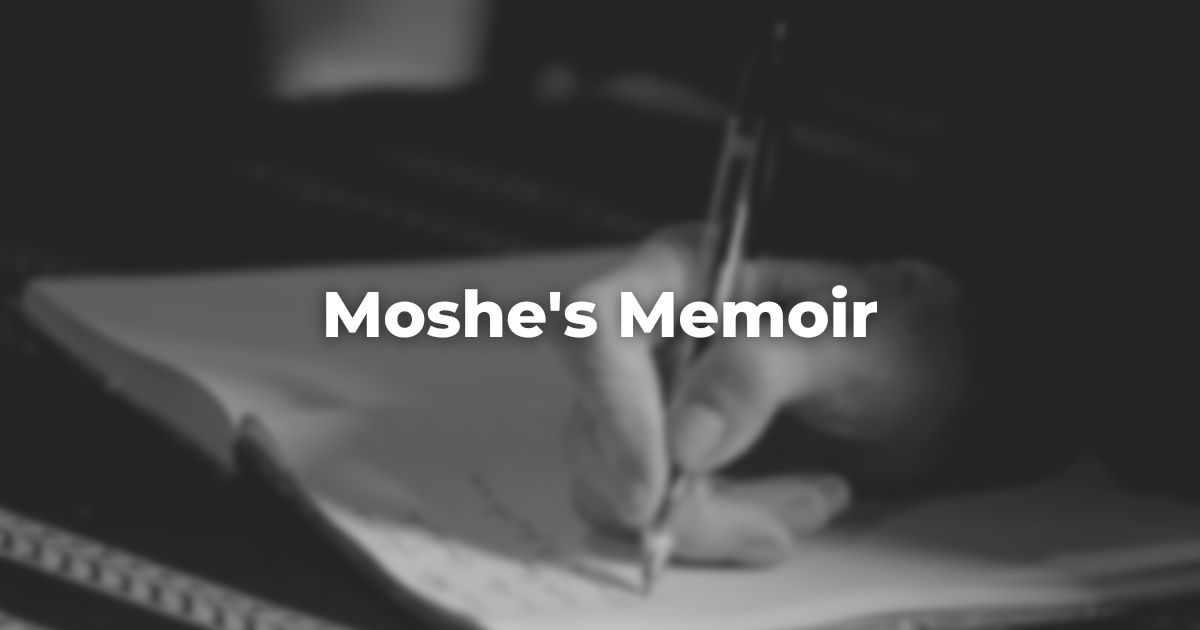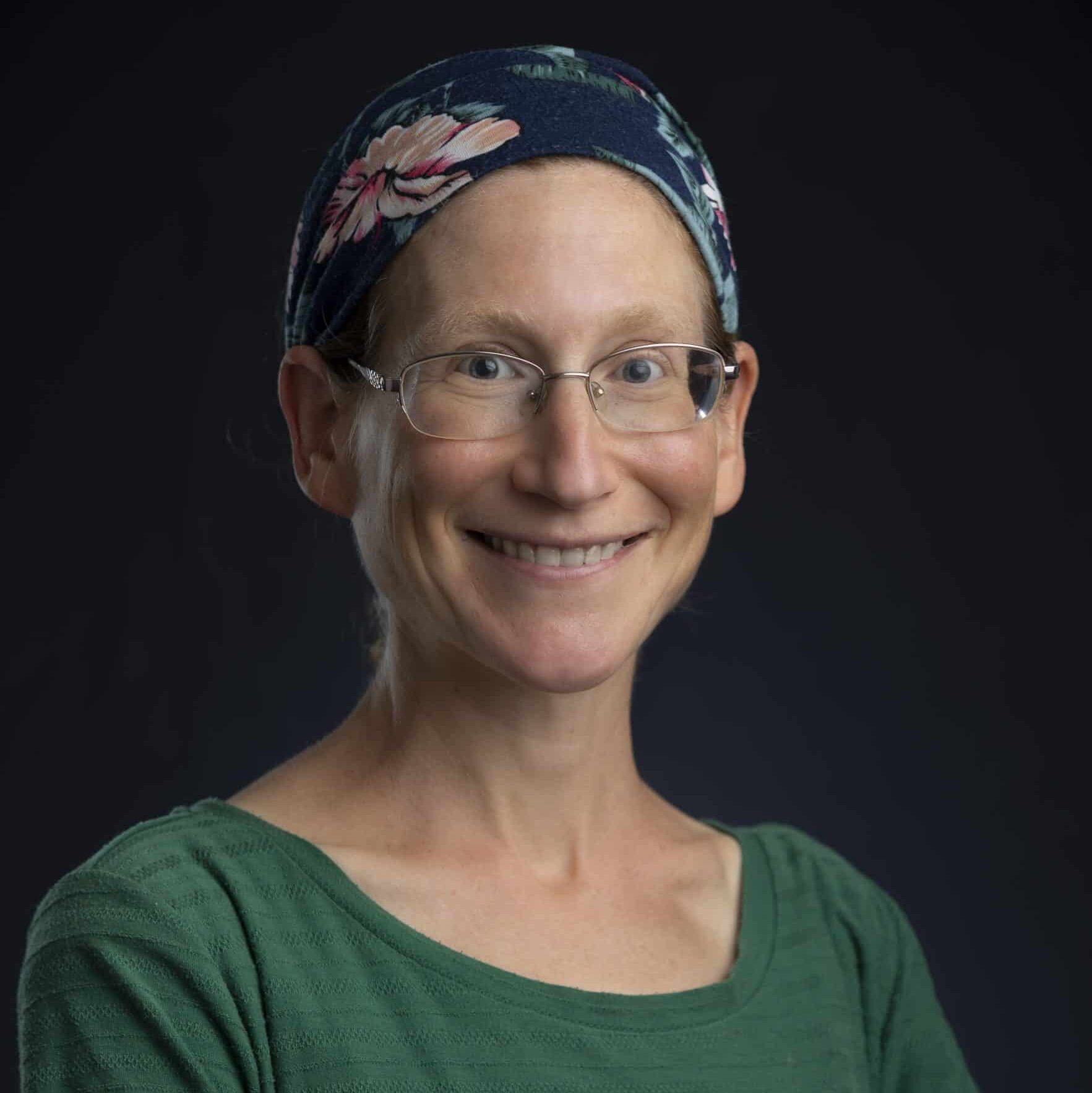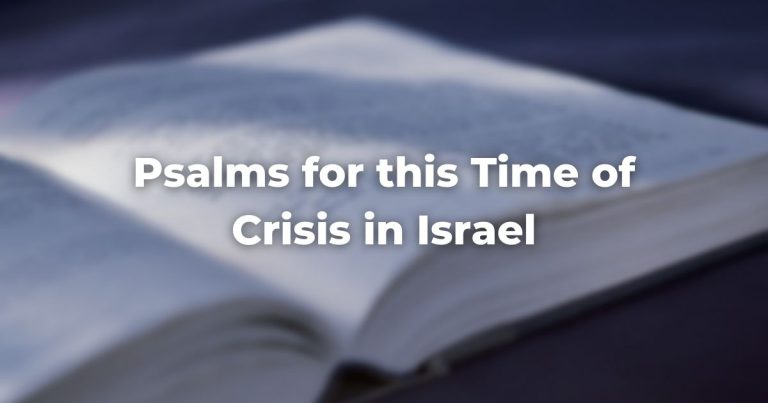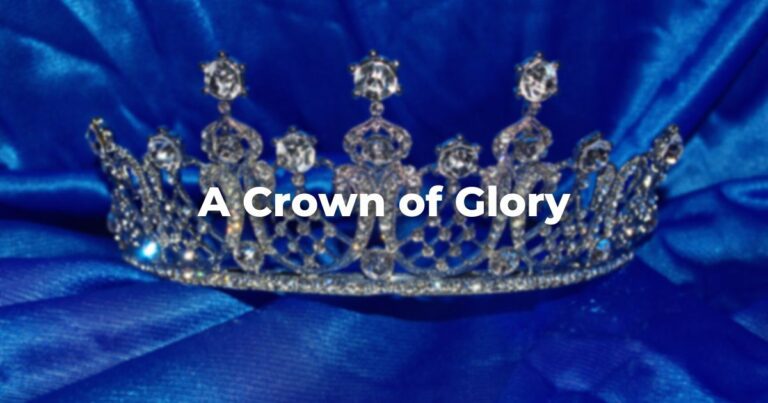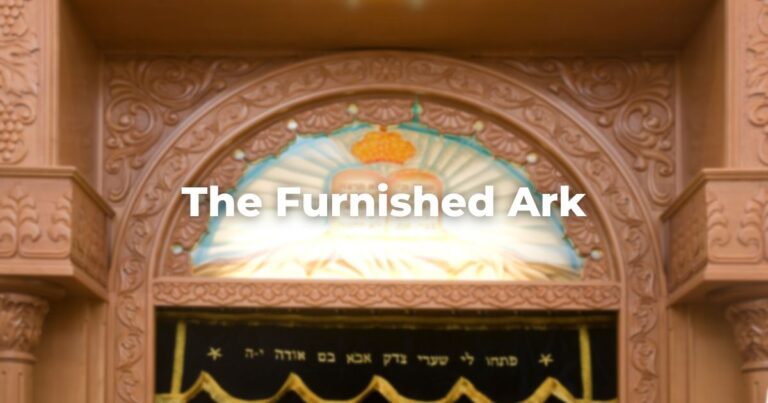The Book of Deuteronomy, which we begin reading this week, presents an interesting paradox to the literary reader of the Bible.
The Style of Moshe’s Memoir
It is written in a different style than the earlier biblical books—not from the perspective of an omniscient (and presumably divine) narrator, but from the perspective of a human being, Moshe. At the same time, the book is included in the divine TorahRefers to the first five books of the Hebrew Bible, the Tanakh, also called the Five Books of Moses, Pentateuch or the Hebrew equivalent, Humash. This is also called the Written Torah. The term may also refer to teachings that expound on Jewish tradition. Read more, in which every word and every letter is traditionally believed to have been revealed by God.
Over time, traditional commentators and academic scholars have offered various views on the provenance and authorship of Deuteronomy, shaping our understanding of the literary genre to which this book belongs, and its contemporary relevance.
The book of Deuteronomy is traditionally regarded as having the same divine provenance as the other four books of Moses.
Divinely Inspired?
The Talmudic rabbis teach that anyone who denies the divinity of any word of the Torah is regarded as a heretic and has no share in the World to Come, “even if he asserts that the whole Torah is from Heaven, except a particular verse, which he maintains was uttered not by God but by Moses himself” (Sanhedrin 99a).
We are to believe that every word in the Torah was spoken by God, and thus every word has the same religious authority.
This understanding is reflected in the laws governing how a Torah scroll is written, which do not admit any difference between the book of Deuteronomy and the four other books. A Torah scroll that is missing a single letter or has an extra letter is invalid, regardless of whether that letter is missing from Deuteronomy or from any of the preceding books.
Moreover, each and every one of the Five Books of Moses is regarded as having more sanctity than all later biblical books; Maimonides teaches that when stacking books, the Five Books of Moses may be placed on top of the Prophets or Writings, but the Prophets and Writings may never be placed atop any of the Five Books of Moses, because Moshe’s prophecy—unlike those of other, later prophets—reflects God’s will in its purest and most unadulterated form (Mishneh Torah, The Book of Love, Laws of Torah scrolls 10:5).
According to this understanding, Deuteronomy, though spoken in a human voice, is fully part of the divine Torah.
Derived from Humans?
In contrast, academic scholars of the Bible maintain that the book of Deuteronomy is the product of a group of revolutionary Jewish sages who were active in the kingdom of Judea prior to and following the destruction of the First Temple, when the book reached its final form.
The prevailing academic theory, first put forth by the German scholar W.M.L. de Wette in 1805, identifies the book of Deuteronomy with the scroll discovered by the priest Hilkiyah during a major renovation of the Temple in the reign of King Josiah in the seventh century BCE, as recounted in II Kings 22. Scholars argue that this text was composed in the context of religious reforms advanced by King Josiah, including the prohibition on religious worship outside the Temple, which appears only in Deuteronomy and not in the preceding biblical books.
The Judean monarchy, in an effort to centralize religious worship in the Jerusalem Temple, articulated its theology in the form of a lengthy address delivered by Moshe to the Israelites. According to this view, Deuteronomy, though spoken in Moshe’s voice, is part of a religious reformation dating half a millennium after Moshe’s death.
Yet as Micah Goodman notes in Moses’ Last Address (published in Hebrew in 2014, publication in English forthcoming), both the traditional and the academic approaches to Deuteronomy ignore the book’s own claim about its provenance, which appears in the first verses of this week’s parashah: “These are the words that Moshe addressed to all Israel on the other side of the Jordan … in the fortieth year, on the first day of the eleventh month” (Deuteronomy 1:1-3).
Moshe as the Author?
Deuteronomy purports to have been authored by Moshe himself—this is the assumption the book asks its readers to accept when they begin reading.
Most of the book is written in the first person and is narrated from Moshe’s perspective, refracted through his own emotional experience of struggle, anxiety, and triumph. Today we might refer to it as Moshe’s memoir, an increasingly popular literary genre in which the author shapes his or her own experiences into a literary work guided by aesthetic considerations and often more faithful to the author’s subjective, emotional experience rather than to the reality of what “actually” happened.
There are many seeming discrepancies between the earlier books of the Bible and Deuteronomy which indicate that the latter is more memoir than history.
For instance, the book of Exodus recounts that Yitro observed Moshe’s difficulty in attending to all the people’s needs and warned him, “You will surely wear yourself out,” urging Moshe to appoint “chiefs of thousands, hundreds, fifties, and tens, and let them judge the people” (Exodus 18:17, Exodus 21-22).
In our parashah, however, Moshe omits all mention of Yitro and speaks to the people about how they exhausted and depleted him: “Thereupon I said to you, ‘I cannot bear the burden of you by myself… the trouble of you, and the burden, and the bickering! Pick from each of your tribes men who are wise, discerning, and experienced, and I will appoint them as your heads” (Deuteronomy 1:9, Deuteronomy 12-13).
For the sake of Moshe’s account, it doesn’t matter that the idea for the tribal chiefs originated with Yitro; most salient for Moshe, as he reflects back on the wilderness journey, is his own difficulty in shouldering the burden of the people, and his dire need of assistance.
How to View Deuteronomy as Moshe’s Memoir
If we are to regard the book of Deuteronomy as a memoir of sorts, we must recognize that it is different from any other memoir in the sense that Moshe’s life is also the story of the Exodus from Egypt, the forging of the Jewish nation, and the giving of the Torah, as narrated in the previous biblical books.
As such, Deuteronomy is not just Moshe’s artistic rendering of his own life experiences; it is also a rewriting of the previous biblical books from Moshe’s perspective. It is both part of the Bible and the earliest commentary on the Bible, in which an individual reflects on and interprets Torah in light of his own experience.
Moshe’s Memoir as the first Oral Torah
According to Rabbi Zadok Ha-Cohen, who lived in Lublin in the nineteenth century, the book of Deuteronomy may be considered the first book of the Oral Torah, since it is the human part of the divine Torah. Rabbi Zadok quotes from the beginning of our parashah: “On the other side of the Jordan, in the land of Moab, Moses undertook to expound this Torah” (Deuteronomy 1:5) (see Pri Zadok on Deuteronomy 1).
Moshe’s address to the people is his expounding on Torah—it is his oral commentary on the written Torah of the previous four books. As Micah Goodman notes, Rabbi Zadok inverts the traditional view that even the Oral Torah is divine, and argues instead that part of the Written Torah is in fact human.
In our own day and age, it has become very popular for everyone to tell their own version of their life story.
Not only are memoirs a popular literary genre, but platforms such as Facebook and Instagram encourage individuals to “curate” their experiences and accomplishments to share with a wider audience.
The book of Deuteronomy—at once Moshe’s memoir and his contribution to Torah—is a reminder that if we live our lives in accordance with Jewish tradition, then the story of our lives is not just our own personal memoir; it is also part of the next chapter in the unfolding of the story of the Jewish people.
See more: Parashat Devarim
Originally posted as part of the Conservative Yeshiva at the Fuchsberg Jerusalem Center’s Torah Sparks. Support Torah learning from the Fuchsberg Jerusalem Center/Conservative Yeshiva for leaders and seekers around the world here.
Authors
-

Ilana Kurshan teaches TalmudReferring to one of two collections, the Jerusalem and Babylonian Talmuds, edited in the 6th century, that contains hundreds of years of commentary, discussion, and exploration of the ideas in the Mishnah. One could describe it as Mishnah + Gemara = Talmud Read more at the CY. She is the author of If All the Seas Were Ink (St. Martin’s Press, 2017) and Why is This Night Different From All Other Nights (Schocken, 2005). She has a degree in History of Science from Harvard and in English literature from Cambridge, and has worked in literary publishing both in New York and in Jerusalem – as a translator, a foreign rights agent, and as the Books Editor of Lilith Magazine. Since October 2020, Ilana has been a regular contributor to Torah Sparks, FJC’s weekly parashat hashavuah blog.
View all posts -



The Fuchsberg Jerusalem Center (FJC) is a home in the heart of Jerusalem where leaders and seekers can find an authentic place in Jewish tradition to call their own. FJC offers opportunities to study, pray and explore within an egalitarian and inclusive setting, creating multiple pathways for finding personal and communal meaning.
View all posts

